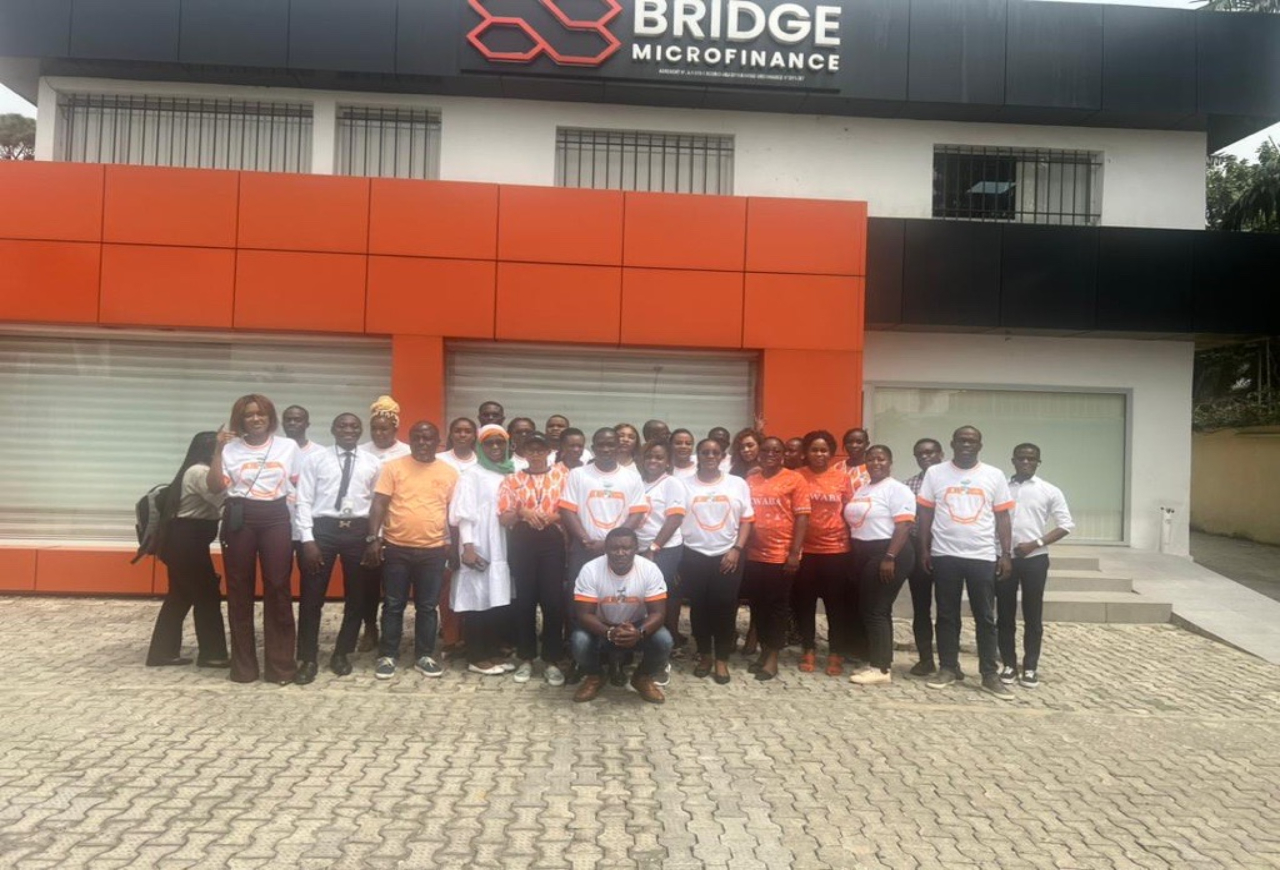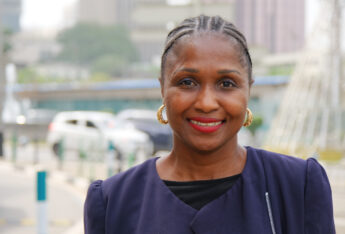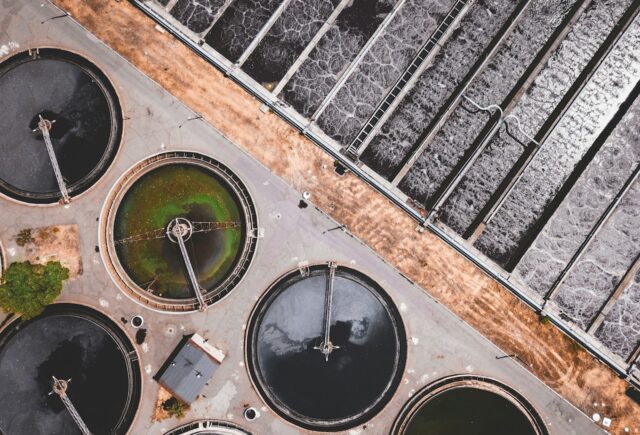The Swedish DFI has made its first investment in Côte D’Ivoire since the opening of its regional office in West Africa.

Swedish development finance institution (DFI) Swedfund has invested alongside Africa-based credit fund BluePeak Private Capital Fund (BluePeak) into West Africa-based financial services firm Teyliom Finance.
Swedfund’s loan of $5m (€4.6m) brings the total investment to $25m, which will be directed at Teyliom Finance’s subsidiary Bridge Bank Microfinance (BBM). It is aimed at strengthening financing for micro, small and medium sized enterprises (MSMEs) and enhancing the financial empowerment of women in Côte D’Ivoire.
Swedfund said the growth of MSMEs was expected to support direct and indirect employment, as well as income-generating activities, and that BBM had the ambition to address a gap in the market by developing specific offerings to female entrepreneurs and women-led MSME clients.
The investment in BBM is the DFI’s first in Côte D’Ivoire since the opening of its regional office in the country’s largest city Abidjan last year.
In response to questions from Impact Investor, Kitanha Toure, head of Swedfund’s Abidjan office, said that the DFI would also provide support in the development of a gender strategy.
“In our markets, including Cote d’Ivoire, MSMEs often face funding constraints. This issue is particularly severe for female entrepreneurs. Responsible lending to MSMEs can help develop the private sector, generate formal employment, and improve gender equality,” she said.

Swedfund has agreed with Teyliom Finance and BBM on the development of a gender strategy which Swedfund will support and monitor this during the tenor of the loan, she said.
The DFI previously invested in BluePeak itself, the flagship fund of alternative asset manager BluePeak Private Capital. In 2022, Swedfund announced its commitment to increasing the availability of long-term growth capital for mid-sized companies and supporting the upscaling of businesses on the African continent by investing in both BluePeak and a second Africa-based credit fund Vantage Mezzanine Fund IV.
Teyliom Finance is part of the Teyliom Group, which operates across five industries in 12 countries in Africa.
Safeguarding clients
Swedfund’s portfolio companies are expected to follow the client protection pathway standards designed by Cerise+SPTF, a joint venture between two global organisations -Social Performance Taskforce (SPTF) and French non-profit Cerise- dedicated to social and environmental performance management, which ensure that financial services are delivered to clients in a safe, responsible, and fair manner.
BBM said it would maintain its focus on responsible lending and would certify its client protection practices via the client protection pathway during the tenor of Swedfund’s loan.
Commenting on the importance of the standards, Toure said: “Fair treatment of clients is instrumental to achieving the intended positive development effects. Regarding collections practices, the client protection standards require providers and their agents to adhere to the institution’s code of conduct, ensure adequate safeguards to detect and rectify corruption and abusive behaviour, and refrain from discrimination in client selection or treatment, particularly during sales and debt collection,”
Toure added that financial services providers were also expected to set prices (interest rates) responsibly, assess staff commitment to social goals, serve target clients, enforce a code of conduct that promoted fair treatment, avoid aggressive sales tactics, and safeguard clients’ rights to respectful treatment throughout the loan process.
Focus on Sub-Saharan Africa
Swedfund said that 65% of its investments are made in sub-Saharan Africa in sectors such as energy and climate, including emissions reduction and renewable energy production, financial inclusion, sustainable enterprises and food systems. Typically, investments have been in East Africa, but with the opening of the Abidjan office, Swedfund said it aimed to reach more people in both Francophone and Anglophone West Africa.
The DFI also supports the development of sustainable projects in OECD/DAC-recipient countries through its project accelerator, a facility within Swedfund focused mainly on providing support with sustainable procurement and capacity-building at public institutions.
“Our focus in West Africa through the project accelerator is primarily on green infrastructure, renewable energy, and sustainable transport. For instance, we have recently funded a feasibility study on converting organic waste into biomethane as a viable green alternative fuel for urban transport in Dakar, Senegal,” added Toure.






